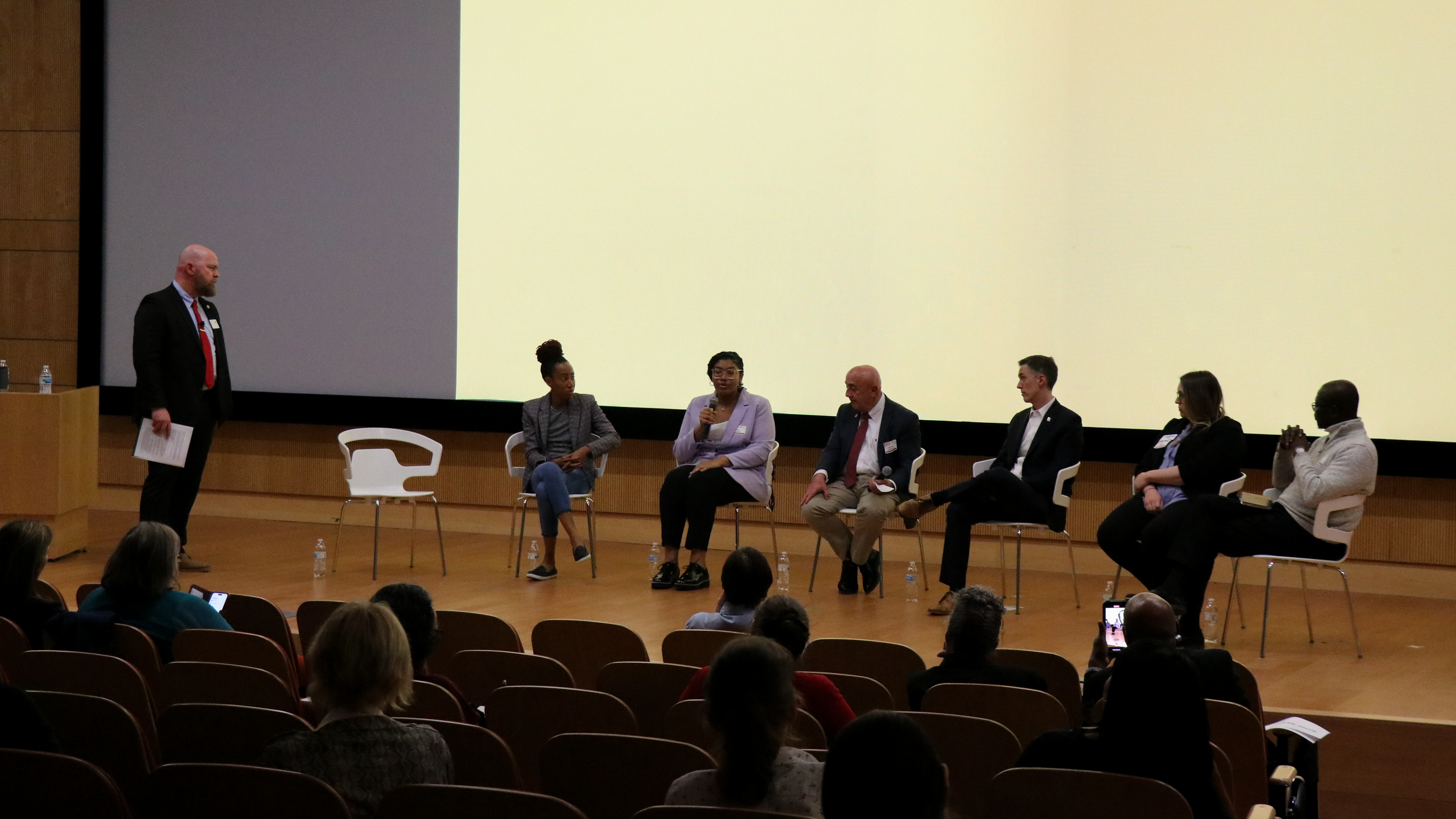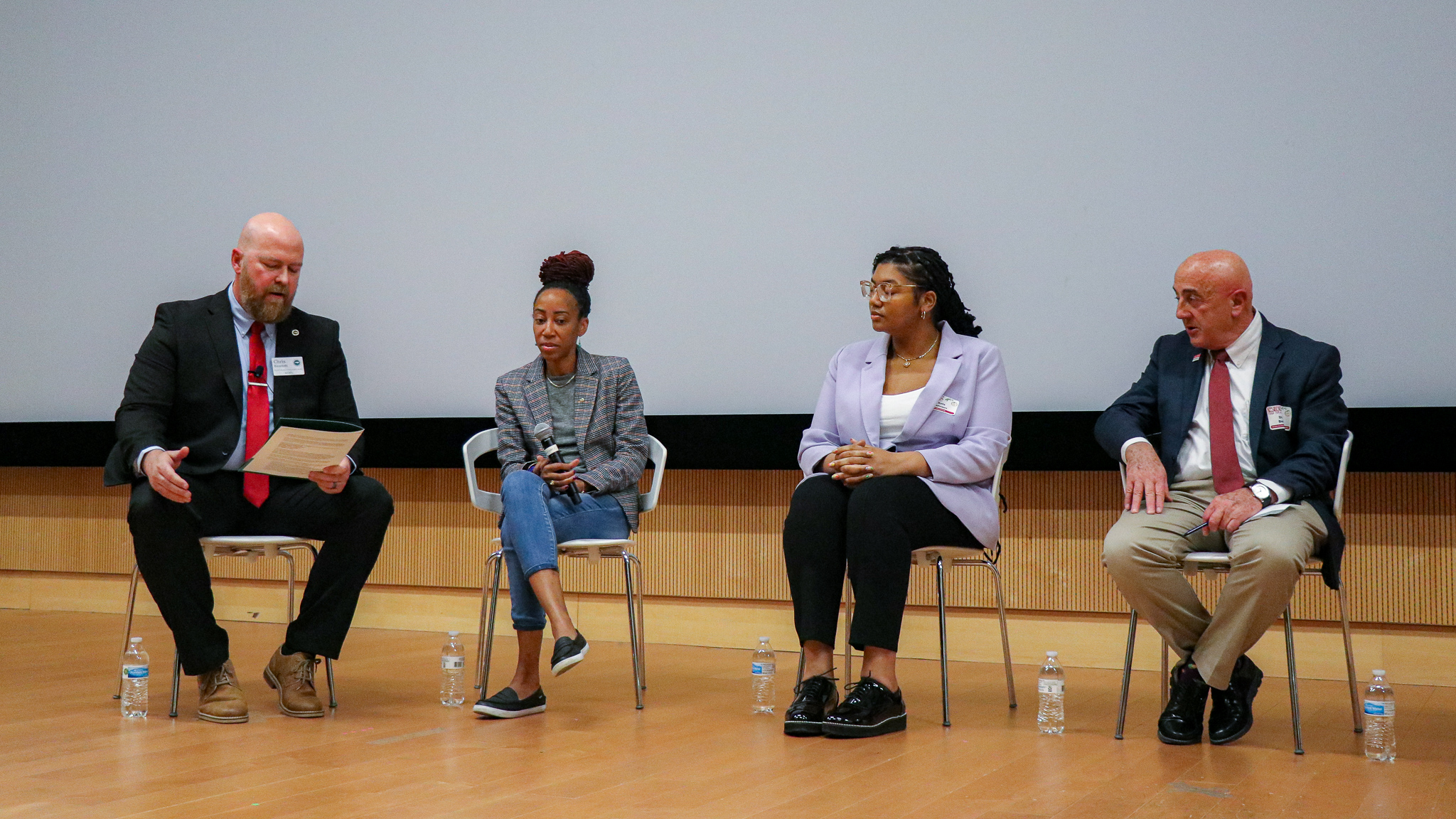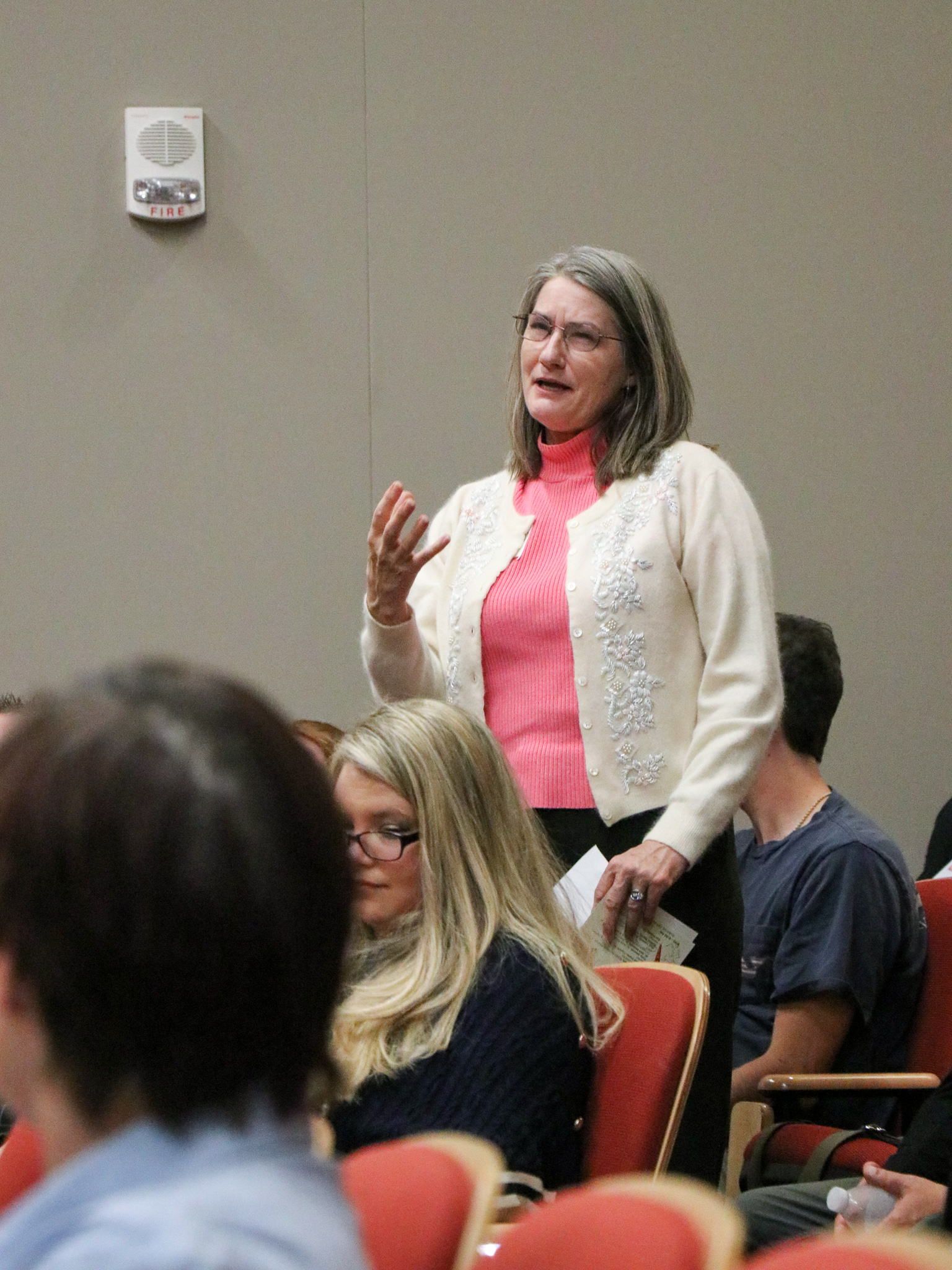Wake County Commissioners Approve $7.2 Million Food Plan
go.ncsu.edu/readext?927599
en Español / em Português
El inglés es el idioma de control de esta página. En la medida en que haya algún conflicto entre la traducción al inglés y la traducción, el inglés prevalece.
Al hacer clic en el enlace de traducción se activa un servicio de traducción gratuito para convertir la página al español. Al igual que con cualquier traducción por Internet, la conversión no es sensible al contexto y puede que no traduzca el texto en su significado original. NC State Extension no garantiza la exactitud del texto traducido. Por favor, tenga en cuenta que algunas aplicaciones y/o servicios pueden no funcionar como se espera cuando se traducen.
Português
Inglês é o idioma de controle desta página. Na medida que haja algum conflito entre o texto original em Inglês e a tradução, o Inglês prevalece.
Ao clicar no link de tradução, um serviço gratuito de tradução será ativado para converter a página para o Português. Como em qualquer tradução pela internet, a conversão não é sensivel ao contexto e pode não ocorrer a tradução para o significado orginal. O serviço de Extensão da Carolina do Norte (NC State Extension) não garante a exatidão do texto traduzido. Por favor, observe que algumas funções ou serviços podem não funcionar como esperado após a tradução.
English
English is the controlling language of this page. To the extent there is any conflict between the English text and the translation, English controls.
Clicking on the translation link activates a free translation service to convert the page to Spanish. As with any Internet translation, the conversion is not context-sensitive and may not translate the text to its original meaning. NC State Extension does not guarantee the accuracy of the translated text. Please note that some applications and/or services may not function as expected when translated.
Collapse ▲2023 Wake County Food Security Plan Update
In June 2022, N.C. Cooperative Extension, Wake County Center began the process of updating the 2018 Wake County Comprehensive Food Security Plan. On Monday, March 20th, the Wake County Food Security Program Manager, Sydney Klein Mierop, presented the update to Wake County Board of Commissioners.

Wake County Food Security Program Manager, Sydney Klein Mierop speaking at the Resilience: Food For All panel discussion.
The Wake County Food Security Plan Update is the result of an extensive community engagement process, gathering insight from residents with lived experience of poverty, as well as practitioners actively working in food system roles.
The 2023 Food Plan Update outlines strategies and outcomes to maximize the $7.2 Million awarded by Wake County and transition our current food security model from food charity to food resilience.
The funding will assist in the following objective areas – through community funding opportunities:
- Improve Supply of Nutritious Food & Expand Farmer/Buyer Connections, Increase Production & Sustain Farms
- Increase storage, efficiency, & accessibility of fresh food
- Connect community with resources
- Provide food as medicine programs
- Develop community engagement opportunities and funding education
Total Investment: $7,267,253.00
In addition to the successful Wake County Food Plan Update, the North Carolina Association of County Commissioners (NCACC) highlighted the effects of food insecurity in the state, exacerbated by the COVID-19 pandemic.

On Thursday March 23rd, NCACC partnered with Wake County, N.C. Cooperative Extension, and the NC State College of Agriculture & Life Sciences to show the award-winning documentary, Resilience: Food for All, and host a panel discussion with elected officials and local leaders at James B. Hunt Library on NC State Campus. This event kicked off with free, locally sourced food before premiering the documentary.

(Left to Right) Chris Baucom, NCACC Executive Producer & Video Creative Director; Crystal Taylor, Founder & CEO of Black Farmers Market; Kelis Johnson, NC State Student; Dr. Rich Bonanno, NC State Vice Provost for Outreach and Engagement & Associate Dean of CALS
Resilience is a film that explores the challenges of food access in North Carolina and how heroes from all walks of life, including food growers, community volunteers, and county leaders, are working to strengthen food system resilience in local communities.
Watch it now!
More information on Food Security in Wake County: Food Security Program | Wake County Government





